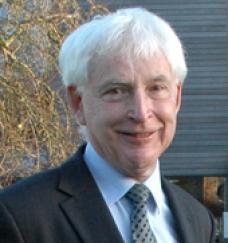NIS International Research-to-Practice Conference
Inspirational Speakers

Keynote Speakers
David Bridges
A philosopher of education by training, Prof. Bridges has nevertheless developed an extensive programme of empirically based research, and a lot of his recent writing discusses philosophical problems in educational research. He was for six years a council member of the British Education Research Association and represented the UK on the council of the European Educational Research Association. He is an Honorary Vice President of the Philosophy of Education Society of Great Britain. He has worked in many different international settings including Vietnam, Taiwan, Hong Kong, Iran, Ethiopia (for 27 years), Lithuania, South Africa, Norway and Guyana, and has been working in Kazakhstan over the last five years both with Nazarbayev University Graduate School of Education and with Nazarbayev Intellectual Schools, of which he is a board member. His recent edited publication, Educational Reform and Internationalisation: The case of Kazakhstan celebrates and is the product of this two-way collaboration.
